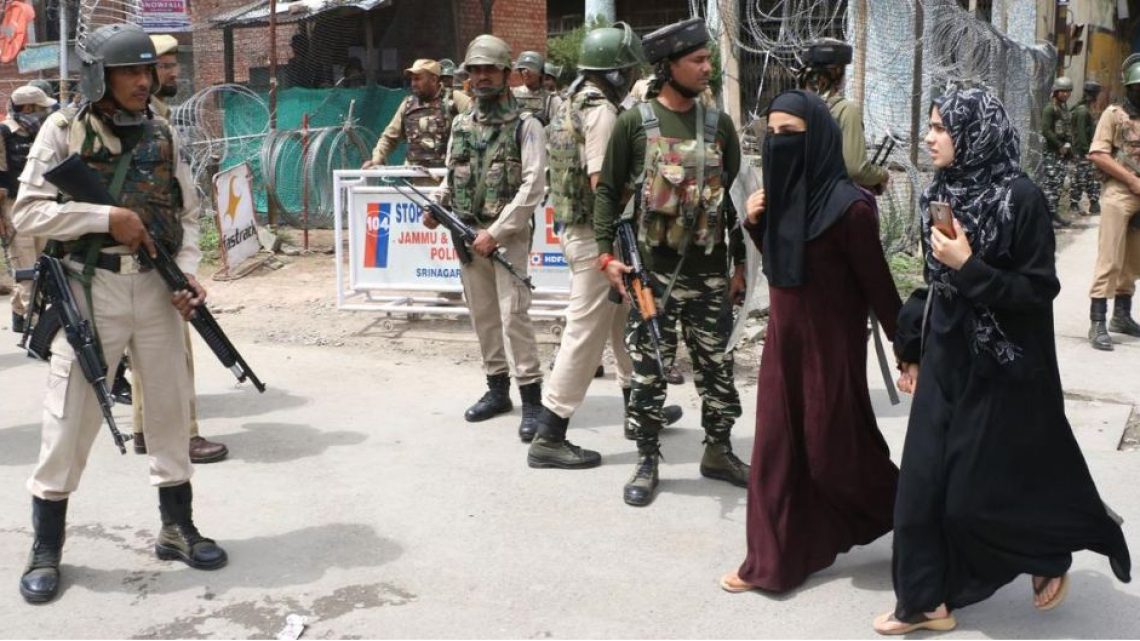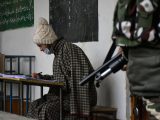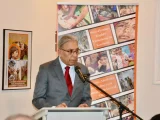
IIOJK Locked Down on Opening Day of Election Drama
September 18, 2024As the first phase of elections begins in Indian Illegally Occupied Jammu and Kashmir (IIOJK), Srinagar, resembles a fortified zone. This militarization raises serious concerns about genuine democratic practices.
Srinagar has been designated a “red zone” for drone operations, further restricting freedom of movement and assembly. These measures starkly contradict the Modi regime’s claims of promoting a democratic environment.
A heavy security presence envelops the city. Inspector General of Police VK Birdi has assured that adequate measures are in place, deploying personnel along main roads and establishing checkpoints.
Indian troops are conducting random vehicle checks, intensifying surveillance. This creates an intense atmosphere of fear and intimidation among residents, overshadowing any semblance of a fair electoral process.
The display of military force resembles a war zone more than a venue for elections. Such an environment naturally leads many to question the legitimacy of these elections.
In clear contrast to the official narrative, Kashmiris view the elections as a “facade.” They argue that the process is designed to create an illusion of normalcy while masking ongoing repression.
Kashmiris continue to demand their rights, which were promised by the United Nations. Their calls reflect a desire for genuine self-determination rather than acceptance of manipulated electoral processes.
The Modi government’s tactics have increasingly focused on consolidating control over the region. By presenting these elections as a democratic exercise, the government seeks to legitimize its actions in IIOJK.
Yet, the reality on the ground tells a different story. The militarization of Srinagar and the suppression of dissent highlight the ongoing struggles faced by the Kashmiri people.
The international community must recognize these discrepancies and critically assess the situation in IIOJK. Supporting the rights of Kashmiris is crucial for fostering an environment conducive to peace and stability.
As tensions persist, it’s essential to differentiate between genuine democratic processes and orchestrated spectacles aimed at quelling dissent. The future of IIOJK hangs in the balance.
To conclude, the current electoral process in IIOJK is marred by heavy militarization and repression. Genuine democracy cannot thrive under such conditions, and the call for self-determination remains urgent.

